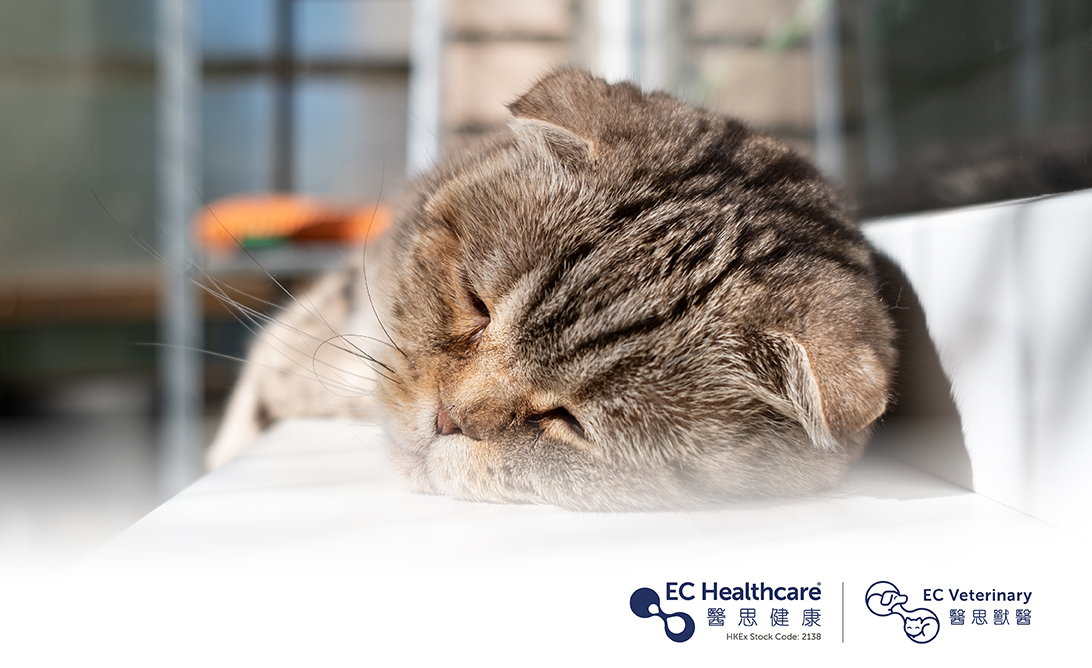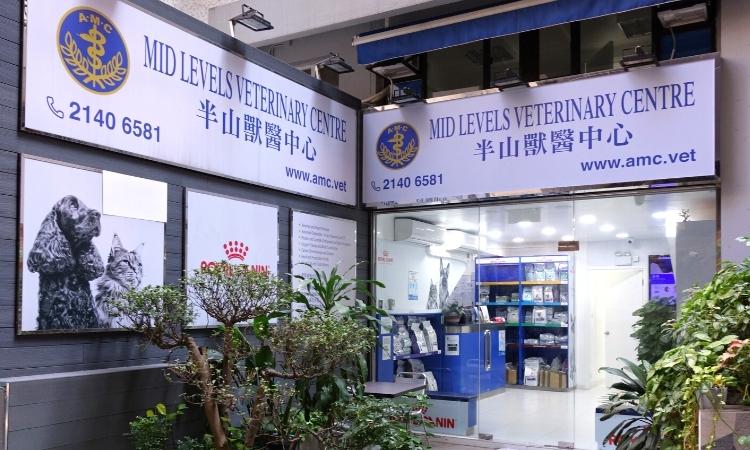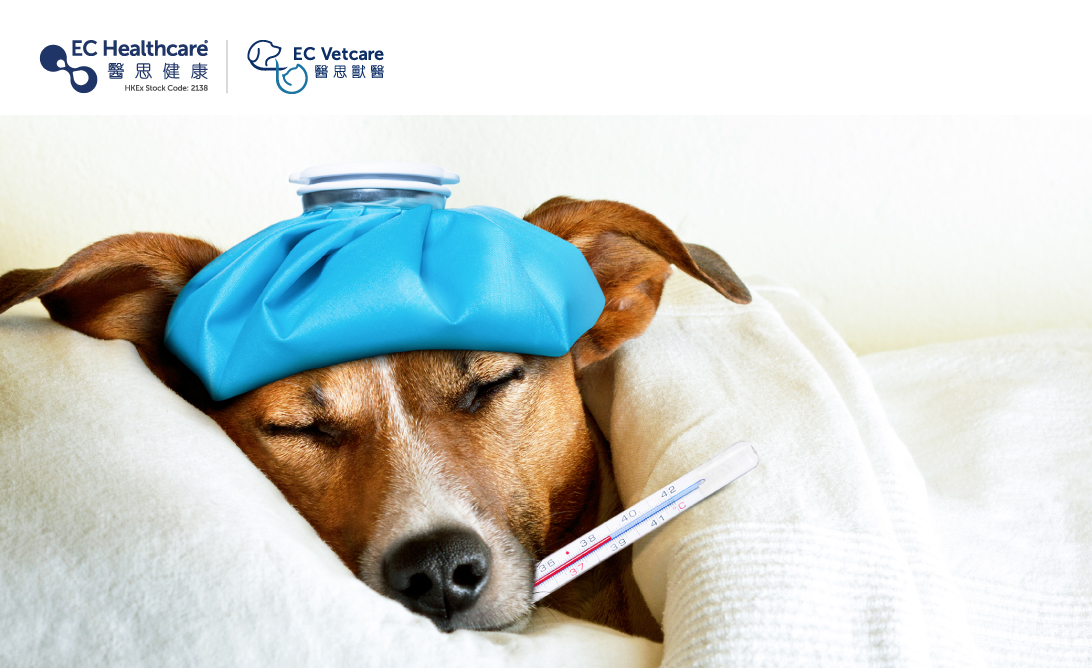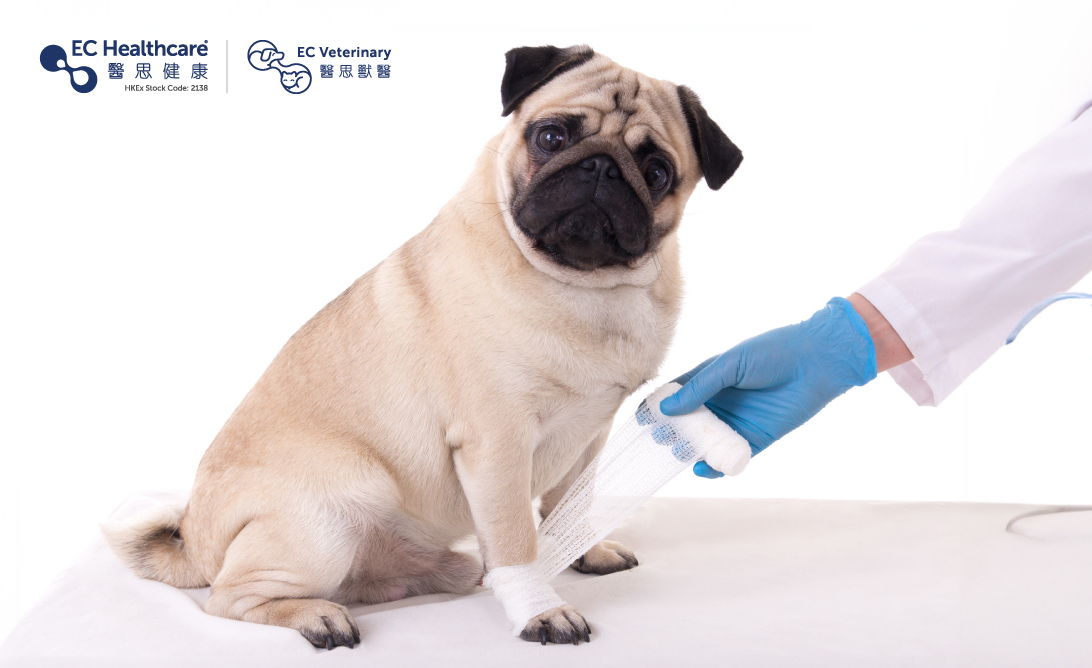Cats Also Have Separation Anxiety! Checklist for Leaving Your Cat Home While on Vacation


Do you think only dogs miss their owners when they are away? Actually, cats also feel insecure when being separated from you! If you spot abnormal behaviours in your cat or watch your cat meowing right after you leave the house through the pet camera, your cat may be suffering from separation anxiety. If you are planning to travel abroad for a long time, you should better make the following preparations to lessen your cat’s anxiety.
Symptoms of separation anxiety in cats
1/ Non-stop meowing
If your cat seldom meows but constantly cries when you return after a long time, it may have felt too lonely and want to seek your attention. More frequent and louder cries mean more severe symptoms.
2/ Destroy household items
As your cat tries to vent its frustrations, it may become destructive and aggressive. It may keep scratching your furniture or deliberately knocking over items on the table, or even poop outside the litter box.
3/ Change in appetite
If your cat is healthy and you have not changed its diet, but its appetite often changes, especially if it has a good appetite when you’re home but does not touch the food when you’re away, it may have separation anxiety.
4/ Overgrooming
Cats like to be clean and often groom themselves. Yet, if your cat grooms more often and harder than before, or even grooms to the point of shedding, it is likely a precursor to separation anxiety.
If you identify the above symptoms, you should bring your cat to a vet for an examination and a basic health check since these symptoms can also be caused by disorders other than separation anxiety!
Checklist before your vacation
To relieve your cat’s separation anxiety, you can make the following preparations before leaving home:
1. Sufficient food and drinking water
If you are going on a long trip, you should prepare dry food as wet food can grow bacteria over time. If you use an automatic feeder, you should also prepare enough food in a regular cat bowl to ensure your cat has food even when the feeder malfunctions.
You can even put the food in different bowls or toys and hide them in various places to let your cat have some fun when finding the food. Drinking water is also important for cats. Apart from a water fountain, you should also place cups and bowls full of water on the routes where your cat often passes by to ensure that it can drink clean water anytime.
2. Prepare more than two litter boxes
You should clean the litter box and prepare an extra one to ensure that your cat can poop on a clean litter box even when no one cleans it.
3. Tidy up your house
Put drugs, essential oils, perfume and other things that may be spilt or may poison your cat in a locked shelf. You should seal off areas that your cat should not enter, such as the toilet and kitchen. Put a safety lock to prevent your cat from entering dangerous places.
4. Provide entertainment for your cat
Prepare toys that your cat can play with on its own to divert its attention and expend its energy. You may also prepare cat grass toys to keep it happy and entertained. Put away toys that can be accidentally eaten or tangled such as cat teasers with thin ropes and stringy objects to prevent accidents.
5. Let your friends or pet sitters take care of your cat
If you travel for more than three days, you should ask a friend that your cat is familiar with or an experienced pet sitter to visit your house (preferably every day) to clean your cat’s bowls, water fountain and litter box and play with your cat. You can also install a pet camera to check your cat’s condition regularly to ensure its safety.




